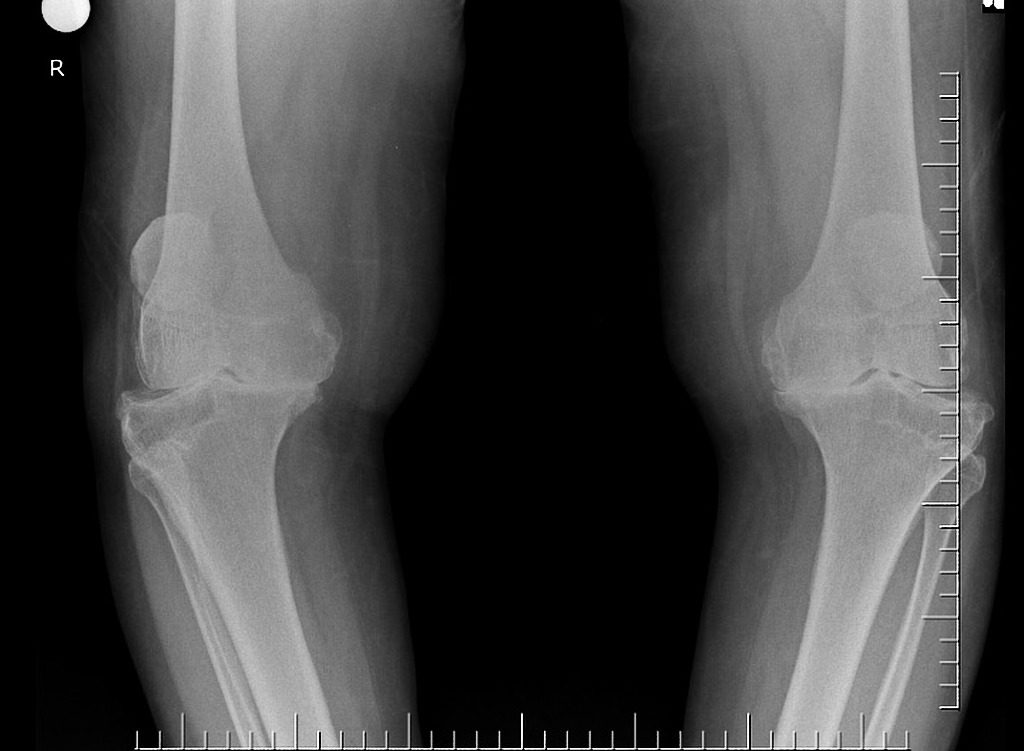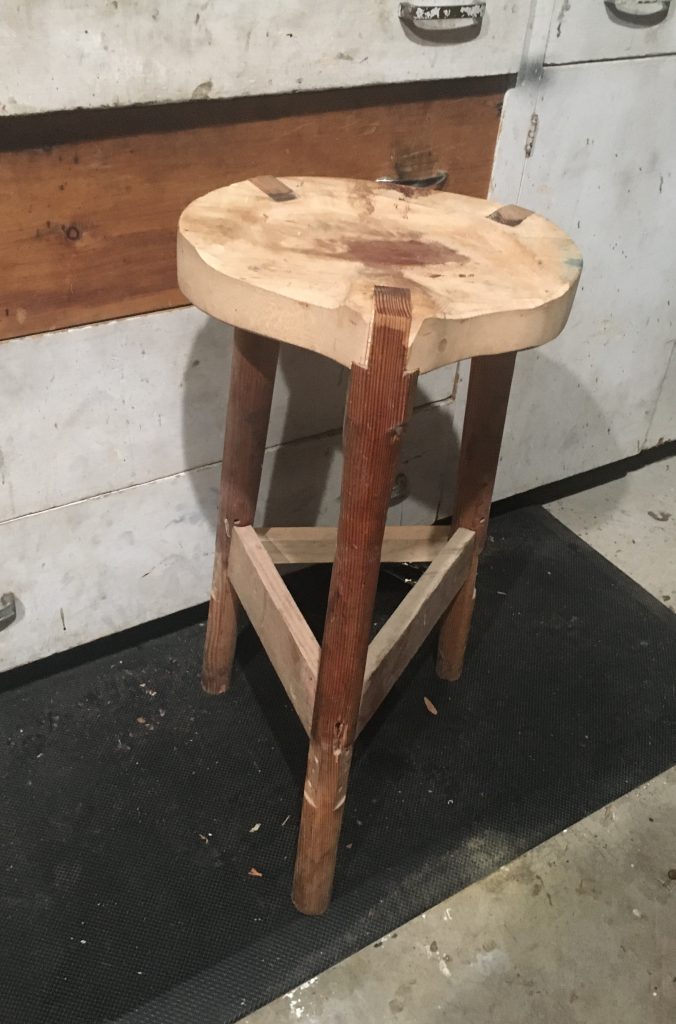
Most of us live with chronic pain. For some, it can be crippling.
As a young doctor, I quickly came to realize it was a difficult condition to manage. Whether it was headaches, back pain, fibromyalgia, pelvic pain or joints, the suffering could disrupt people’s lives, lay them low. It could be depressing, isolating, ruining.
When the pharmaceutical industry started claiming to doctors in the 1990’s such pain could be “cured” with their new formulation of timed-release narcotics, I understood the temptation to treat these conditions with such. But our past twenty years of opioid over-prescribing and subsequent sky rocketing accidental overdose deaths should have taught us that easy cures, though tempting, can be fatal. That didn’t satisfy my oath to do no harm.
I did my best to study the research. I attended conferences and listened to experts. But more, I listened to the patients.
I went into medicine thinking my job was to fix what ails the patient, when possible. I remember in residency; our patient interactions would be viewed by a behavioral health specialist who would give us feedback. Toni, the specialist watched me once and commented, “You need to be careful. You want to fix patients.”
I was struck dumb. “That’s my job!” I countered.
“No, it isn’t.” She replied firmly. I pondered that one for a long time.
It was a hard lesson for me to learn that many ailments aren’t fixed, but managed. When a cure isn’t available, the focus has to move to maximizing function. That adjustment can be hard to accept. It often was for me.
But I worked at learning. I thought that was my job, as a primary care physician, to care for the patient. So, I am troubled now when I see so many patients with chronic pain sent away from their primary care providers to pain specialists. I think some of this is a reaction by my colleagues to our years of excessive prescribing. Doctors got on the opioid bandwagon too easily. So now some won’t even take a short ride. I see signs up at the receptionist: “We do not treat chronic pain”. This too, is I believe, a mistake. Patients need our care.
Don’t get me wrong, pain management specialists are valuable. I have made such referrals. They have much greater depth of experience than I do in their fields. But most primary care providers can manage most chronic pain patients.
In rural Idaho, chronic pain is common and specialists are far apart. We need to help our primary care providers serve their communities. And we are.
I get a quarterly report from the Board of Pharmacy on my patterns of prescribing controlled substances. It lists the number of prescriptions, the daily dose and comparisons to my colleagues. This is helpful.
If I have concerns that a patient might be “doctor shopping” for controlled substances I can access a data base that lists all prescriptions, sorted by prescriber and patient. It even links to most surrounding states. This is a great resource.
But one of the best tools has been developed by the Idaho WWAMI program, the medical school affiliated with the University of Washington School of Medicine. It is Project ECHO. Twice a month any provider can log in to an hour-long conference with specialists. Colleagues from around the state will be on the screen. After a short presentation there is time for questions, case presentations and discussion. Management of these challenging conditions is supported.
Currently, the Idaho legislature is considering whether it should support this program with taxpayer dollars. It would be a worthwhile investment. I wish it had been available when I was starting out.








